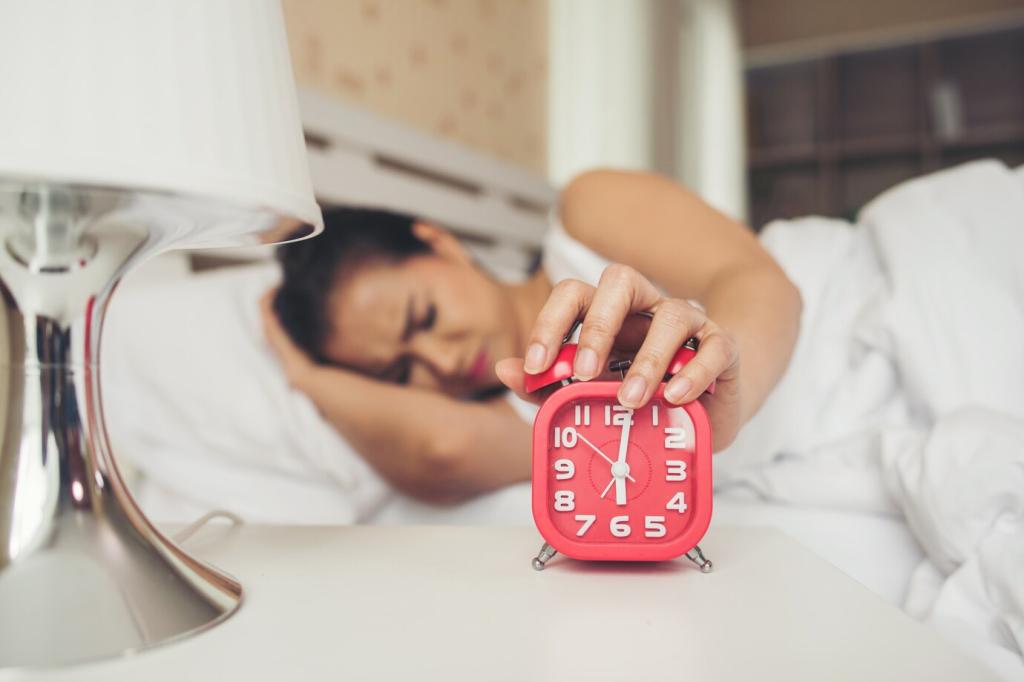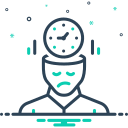
Sleep Disorders and Their Impact on Stress: A Clear Path to Calmer Nights
Chosen theme: Sleep Disorders and Their Impact on Stress. Explore how disrupted sleep intensifies stress, and how stress, in turn, sabotages deep rest. Expect relatable stories, science-backed strategies, and gentle encouragement to help you rebuild healthier nights. Subscribe, comment, and grow with our community.



Common Sleep Disorders That Amplify Stress
Insomnia and Cognitive Overdrive
Insomnia often involves difficulty falling or staying asleep, especially when the mind loops through worries. That mental churn heightens stress hormones and reduces patience the next day. Learning to interrupt rumination can meaningfully improve both mood and nightly recovery.


Sleep Apnea and the Strain of Fragmented Oxygenation
Obstructive sleep apnea repeatedly disrupts breathing, spiking stress responses and fragmenting deep sleep. Morning headaches, daytime sleepiness, and irritability follow. Evaluation and treatment can transform energy, mood stability, and resilience under pressure more than many realize.

Evidence-Based Ways to Break the Cycle
Cognitive Behavioral Therapy for Insomnia helps retrain sleep through stimulus control, sleep scheduling, and thought reframing. Begin by rising at a consistent time daily and reserving bed strictly for sleep. Track progress weekly, not nightly, to reduce pressure and frustration.
Evidence-Based Ways to Break the Cycle
Create a 30–45 minute wind-down ritual: dim lights, slow breathing, gentle stretches, and journaling to park worries. Repeat nightly until your body recognizes the cues. Comment with one ritual you will test for seven nights, and report back on what changes.
Designing a Sleep Sanctuary for Stressed Minds
Aim for darkness, a slightly cool room, and consistent, gentle sound. Blackout curtains, a stable 65–68°F temperature, and a fan or white noise can reduce micro-awakenings. Share your favorite environmental tweak, however small, that helped you unwind with less effort.
Set a screen curfew and dim devices with warmer tones. Replace doomscrolling with a comforting ritual—paper novel, puzzle, or sketching. Habit stack it after brushing teeth so it becomes automatic. Post your digital sunset plan to stay accountable and inspire others.
Caffeine after early afternoon can nudge bedtime later and intensify stress the next day. Heavy late meals or alcohol fragment sleep stages. Experiment with earlier dinners and a herbal tea closer to bedtime, then share which timing shifts felt surprisingly doable.

Daytime Habits That Lower Stress and Support Sleep
Morning Light as a Natural Anchor
Step outside for morning light as soon as possible, even on cloudy days. It helps reset your circadian clock and stabilizes energy and mood. Tell us how many minutes you managed this week, and whether your bedtime felt more predictable as a result.
Movement That Calms, Not Wires
Regular activity reduces stress and improves sleep quality, but timing matters. Try brisk walks or moderate exercise earlier in the day, and keep late-evening high-intensity sessions brief. Share one movement habit that reliably leaves you calmer rather than overstimulated at night.
Boundaries, Breaks, and the Worry List
Stress piles up when days lack boundaries. Schedule micro-breaks, cluster demanding tasks, and keep a daily worry list you revisit earlier in the evening. Closing your browser or notebook decisively helps your mind power down. Comment with one boundary you will honor tomorrow.
Tracking Without Obsessing
Log bedtime, wake time, awakenings, caffeine, alcohol, naps, and evening stressors for fourteen days. Look for trends, not flawless nights. Celebrate one percent improvements. If you want a simple template, say so in the comments and we will share a printable version.
Stories of Change: From Frayed to Rested
A teacher dreaded Sundays as worries flooded in. She practiced a steady rise time, gentle planning earlier in the day, and a written worry ritual. Within a month, her stress felt less explosive, and Monday mornings no longer started with a knot in her chest.


Stories of Change: From Frayed to Rested
With a newborn, Malik felt constantly wired and exhausted. He negotiated split shifts, embraced tiny daytime naps, and focused on consistent morning light. Stress softened as predictability returned. He reminds us partial solutions still count and accumulate into meaningful change.
